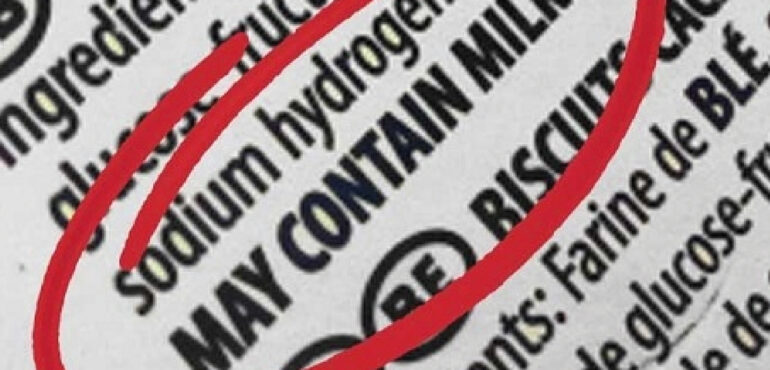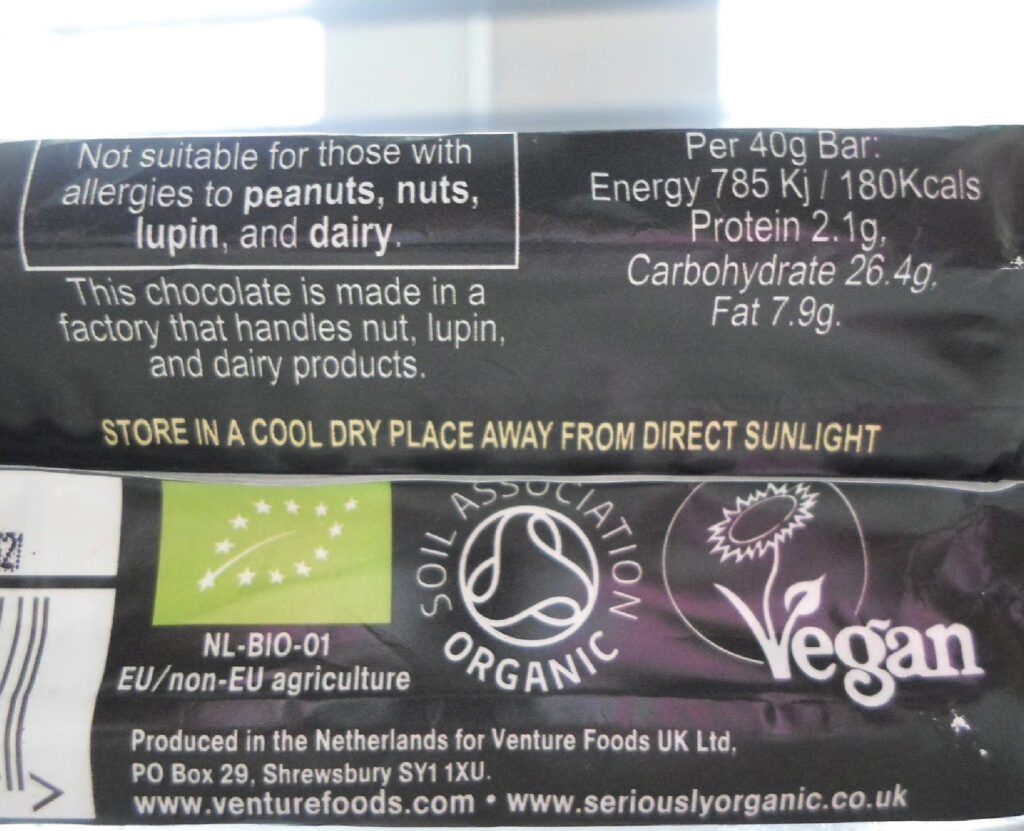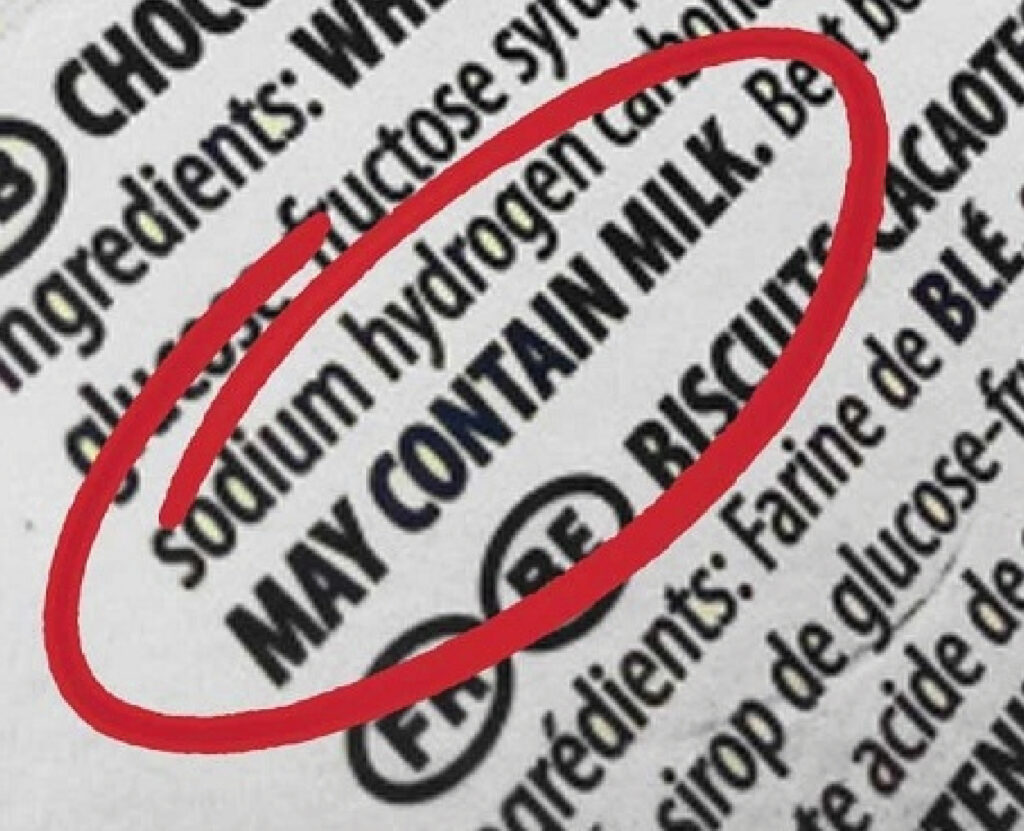
The journey towards a vegan lifestyle involves more than just a dietary shift; it’s a commitment to minimizing harm to animals and the planet. Many individuals embrace veganism for ethical, environmental, and health reasons, but the path to a truly plant-based lifestyle can be riddled with unexpected challenges. One such challenge arises when navigating food labels that bear the tantalizing “vegan” stamp, only to include the disconcerting phrase “may contain: dairy and egg”.
The Vegan Dilemma
The term “vegan” traditionally implies the exclusion of all animal products, including meat, dairy, and eggs. However, the rise of processed and packaged foods has introduced a new layer of complexity to the vegan lifestyle. Many packaged products labelled as “vegan” may share production facilities with non-vegan items, leading to potential cross-contamination.
The “May Contain” Conundrum
When a product carries the “may contain” or “produced in a facility that also processes” disclaimer, it signals a potential risk of cross-contamination with allergens or non-vegan ingredients. This can be particularly concerning for individuals with food allergies and pose a serious threat if the incident ever arose that something with food allergies where to consume those products. Individuals with allergies rely on accurate labelling to make safe food choices. Something labelled ‘vegan’ when it has a may contain egg or dairy is FALSE LABELLEING! Those products are NOT vegan.
To address this issue, it’s time for a collective call to action. Advocates for clear and accurate labeling need to amplify their voices, urging regulatory bodies and manufacturers to establish more stringent standards. Vegan products should be held to a higher standard, ensuring that the label accurately reflects the contents of the product. This not only protects individuals with allergies but also upholds the principles of veganism for those committed to a cruelty-free lifestyle.
The “may contain” dilemma on products labelled as “vegan” is not just a matter of preference; it’s a crucial issue that affects the health and well-being of individuals with food allergies and challenges the integrity of the vegan movement. By raising awareness, advocating for clearer standards, and making informed choices, we can contribute to a future where the term “vegan” reflects a commitment not just to a diet but to a lifestyle free from harm and deception. Together, we can build a world where everyone can trust that their choices align with their values and dietary needs.
 Login / Register
Login / Register  Contact / wholesale enquiries
Contact / wholesale enquiries





